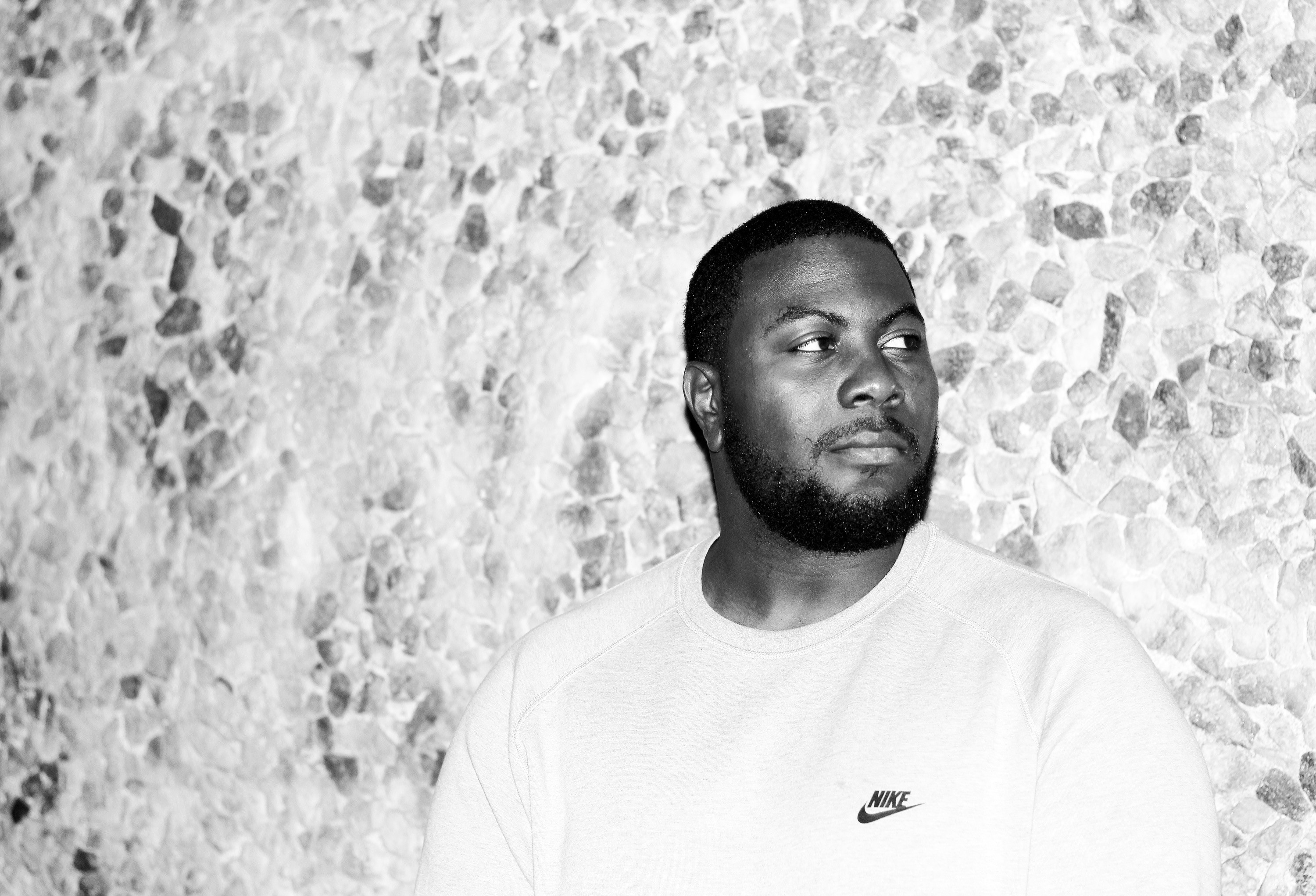 These days, you can hear Mike Dupree’s producing talents on tracks featuring everyone from Kendrick Lamar to Snoop Dogg, but right around a decade ago, the producer was just a freshman in college in his hometown of Kansas City. But while many of his peers went on to graduate and find suitable desk jobs, Dupree decided to pursue a different route — one that would make his office a music studio and allow him to work with whichever hip-hop artists he wanted.
These days, you can hear Mike Dupree’s producing talents on tracks featuring everyone from Kendrick Lamar to Snoop Dogg, but right around a decade ago, the producer was just a freshman in college in his hometown of Kansas City. But while many of his peers went on to graduate and find suitable desk jobs, Dupree decided to pursue a different route — one that would make his office a music studio and allow him to work with whichever hip-hop artists he wanted.
“I knew I wanted to make music — and I didn’t think I needed to go to college to do that — but no one understood that because Kansas City is such a shutout place that there’s no comprehension of how the industry functions,” Dupree says. “I went to one semester, and I actually got great grades until I decided to not go to class for the last two weeks. Then I went back for a second semester, and at the end of the first week, I got a phone call saying T.I. picked one of my tracks to go on his next album. I literally left class and did not go back to school after that.”
As it turned out, the burgeoning beatmaker never had to worry about finishing his degree. Before T.I. could release 2010’s No Mercy featuring Dupree’s “How Life Changed,” the young producer landed his first placement when Trey Songz picked up one of his tracks and his career had officially begun.
It didn’t take long for Dupree to conquer his local scene, as the native artist quickly sought out the help of the biggest name in Kansas City hip-hop, the prolific and profoundly unique Tech N9ne. Rather than trying to go through management or social media, Dupree decided to take the most direct route to getting his material in front of the Strange Music founder and simply walked into the studio where the rapper was recording to hand over a CD full of tracks.
Although Dupree had to leave his beats with a member of the lyricist’s entourage, he only had to wait until the next morning to find out that Tech N9ne wanted to use most of the tracks he’d delivered. After working on All 6’s and 7’s, Dupree saw his stock soar through the Midwest and beyond for a couple of years before finally deciding to move to LA in 2012.
“I literally slept in my car when I came out here, and then my wife ended up coming down before I could get anything, so we both ended up living in my car,” Dupree says. “That built character and gave me a better sense of what I needed to do to achieve what I wanted to do, but even after we got a spot and I could focus on music, it took a couple of years to get everything together. It was like a big pause in my career.”
But over the last few years, Dupree’s become a fixture in the hip-hop world on a national and international level. Not only can the 29-year-old claim the title of “multi-platinum producer,” but he also released “Falling Up,” the first track in his own name, just a couple of months ago. With more of his own music on the way, Dupree is already seeing the differences between producing for others and creating his own tracks.
“It’s cool because for the first time, I’m able to create some self-value,” Dupree says. “When you produce for other people, the value you build is based on the value of the person you produced for. This way, I’m able to create value in my own way. As things are moving now, it makes more people take notice of what I’m doing, and it makes more people want to pull me in even for production on someone’s album.”
Much like how Dupree enjoys creating his own music because it allows him the freedom to craft a song however he sees fit, the producer often prefers working with artists before they become household names because of their willingness to go outside of their comfort zones. As he sees it, a producer’s job is to take music to new places and create sounds that have never been heard before, and many established artists have already found their sound and aren’t willing to stray too far from it.
Of course, as one of the top young producers in hip-hop (although still old enough to have worked on actual recording hardware before everything went digital), Dupree also knows he has his work cut out for him to follow in the footsteps of the great producers who came before him. From Dr. Dre to Pharrell, the unique sounds and lasting impact of legendary producers have already been handed down to the under-30 crowd, but it’s up to guys like Dupree to make sure there’s still a hip-hop legacy intact for today’s college freshmen making beats on their laptops.
“I think being a younger guy is an advantage because we’ve already seen what the generation before us has done,” Dupree says. “But it’s also maybe even a greater responsibility than those who came before us in the sense that everything’s become so oversaturated with bubble gum music and things that the essence of what it was initially has been smeared. There are a lot of purities that we’ve lost from generation to generation.
“Right now, I don’t think there’s a single producer leaving a real mark on music — not one,” Dupree adds. “We have guys like Mustard and Mike Will who are putting a stamp on it, but I think it’s up to us to leave an impact on music the same way that guys like Dre, Timbaland, and the Neptunes did, and I don’t feel like that’s happening today. Our responsibility is not just to make great music and take over a genre, it’s to actually craft a sound and make that sound a landmark to pass to the next generation. If we don’t do that… Well, if we think things are bad now, the next generation is going to be crazy and terrible. It’s already starting.”

Josh Chesler used to play baseball for some pretty cool teams, but now he just writes about awesome stuff like tattoos, music, MMA and sneakers. He enjoys injuring himself by skateboarding, training for fights, and playing musical instruments in his off time.

